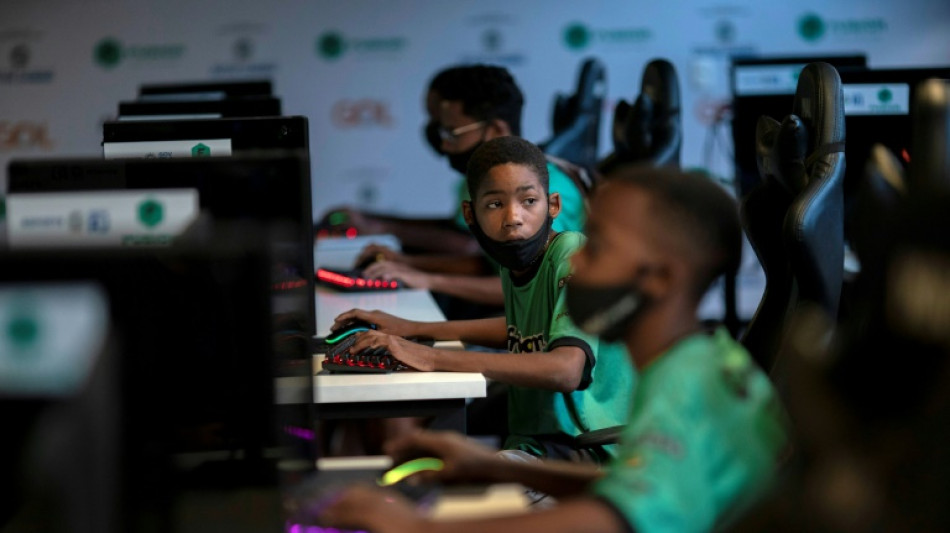
RBGPF
0.1000


Parents often worry about the harmful impacts of video games on their children, from mental health and social problems to missing out on exercise.
But a large new US study published in JAMA Network Open on Monday indicates there may also be cognitive benefits associated with the popular pastime.
Lead author Bader Chaarani, an assistant professor of psychiatry at the University of Vermont, told AFP he was naturally drawn to the topic as a keen gamer himself with expertise in neuroimagery.
Prior research had focused on detrimental effects, linking gaming with depression and increased aggression.
These studies were however limited by their relatively small number of participants, particularly those involving brain imaging, said Charaani.
For the new research, Chaarani and colleagues analyzed data from the large and ongoing Adolescent Brain Cognitive Development (ABCD) Study, which is funded by the National Institutes of Health.
They looked at survey answers, cognitive test results, and brain images from around 2,000 nine- and ten-year-olds, who were separated into two groups: those who never played games, and those who played for three hours or more a day.
This threshold was chosen as it exceeds the American Academy of Pediatrics screen time guidelines of one or two hours of video games for older children.
- Impulses and memory -
Each group was assessed in two tasks.
The first involved seeing arrows pointing left or right, with the children asked to press left or right as fast as they could.
They were also told to not press anything if they saw a "stop" signal, to measure how well they could control their impulses.
In the second task, they were shown people's faces, and then asked if a subsequent picture shown later on matched or not, in a test of their working memory.
After using statistical methods to control for variables that could skew results, such as parental income, IQ, and mental health symptoms, the team found the video gamers performed consistently better on both tasks.
As they performed the tasks, the children's brains were scanned using functional magnetic resonance imaging (fMRI). Video gamers' brains showed more activity in regions associated with attention and memory.
"The results raise the intriguing possibility that video gaming may provide a cognitive training experience with measurable neurocognitive effects," the authors concluded in their paper.
Right now it's not possible to know whether better cognitive performance drives more gaming, or is its result, said Chaarani.
The team hope to get a more clear answer as the study continues and they look again at the same children at older ages.
This will also help exclude other potential factors at play such as the children's home environment, exercise and sleep quality.
Future studies could also benefit from knowing what genres of games the children were playing -- though at age 10 children tend to favor action games like Fortnite or Assassin's Creed.
"Of course, excessive use of screen time is bad for overall mental health and physical activity," said Chaarani.
But he said the results showed video games might be a better use of screen time than watching videos on YouTube, which has no discernible cognitive effects.
R.Lin--ThChM